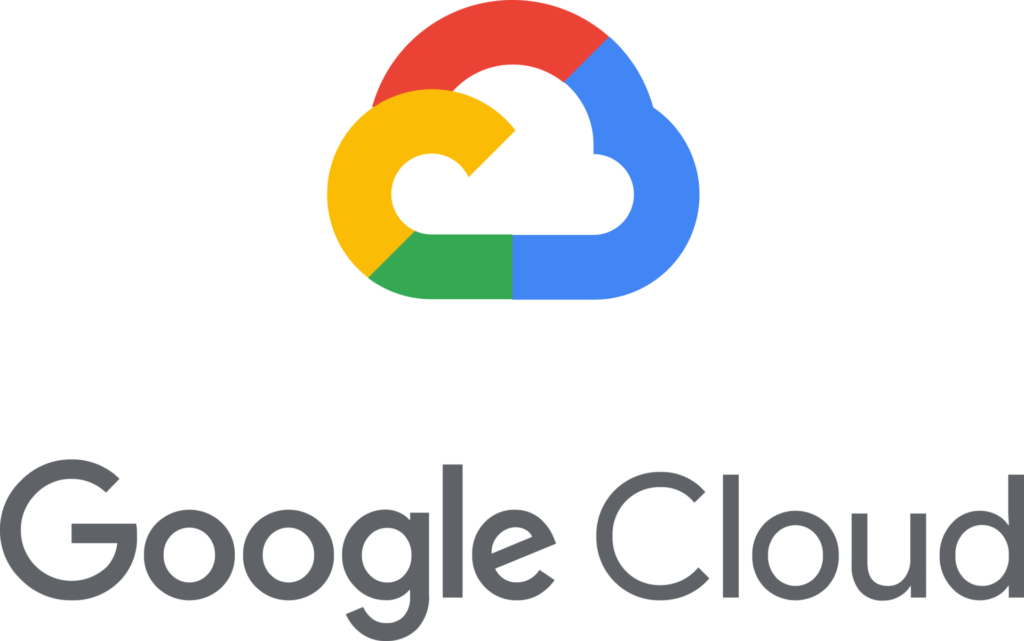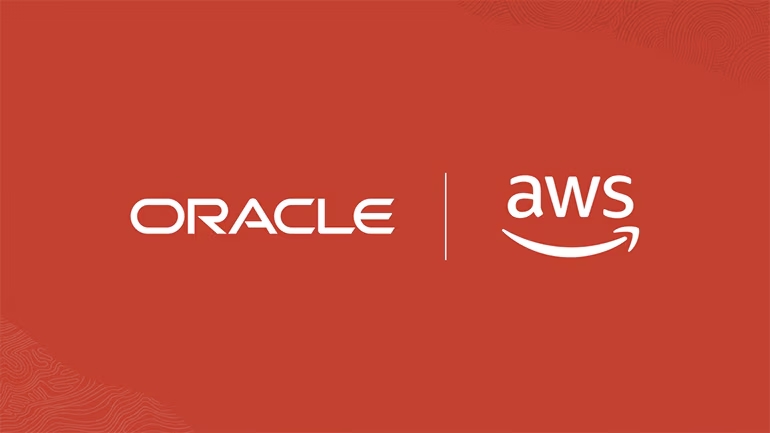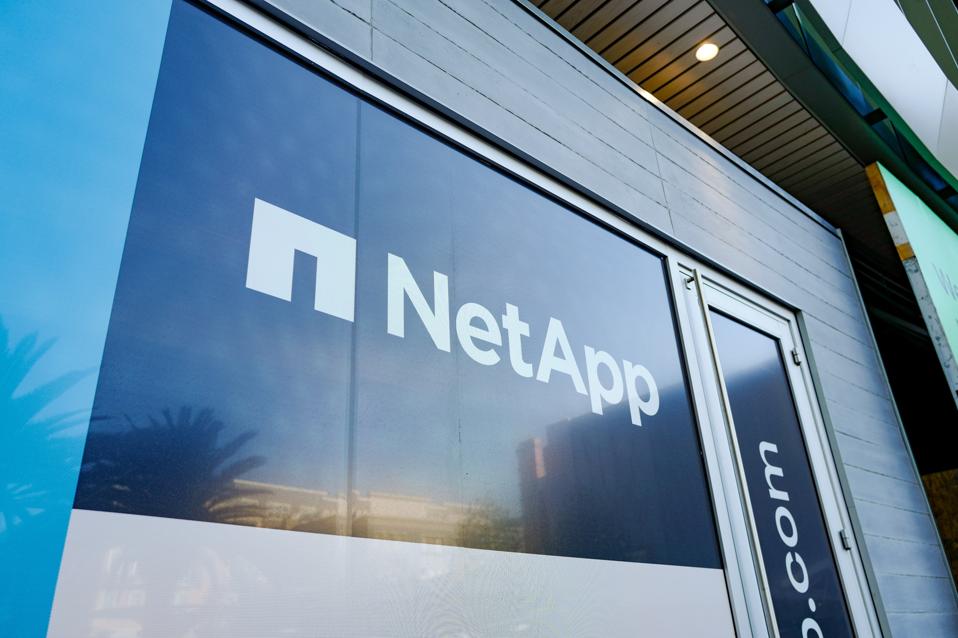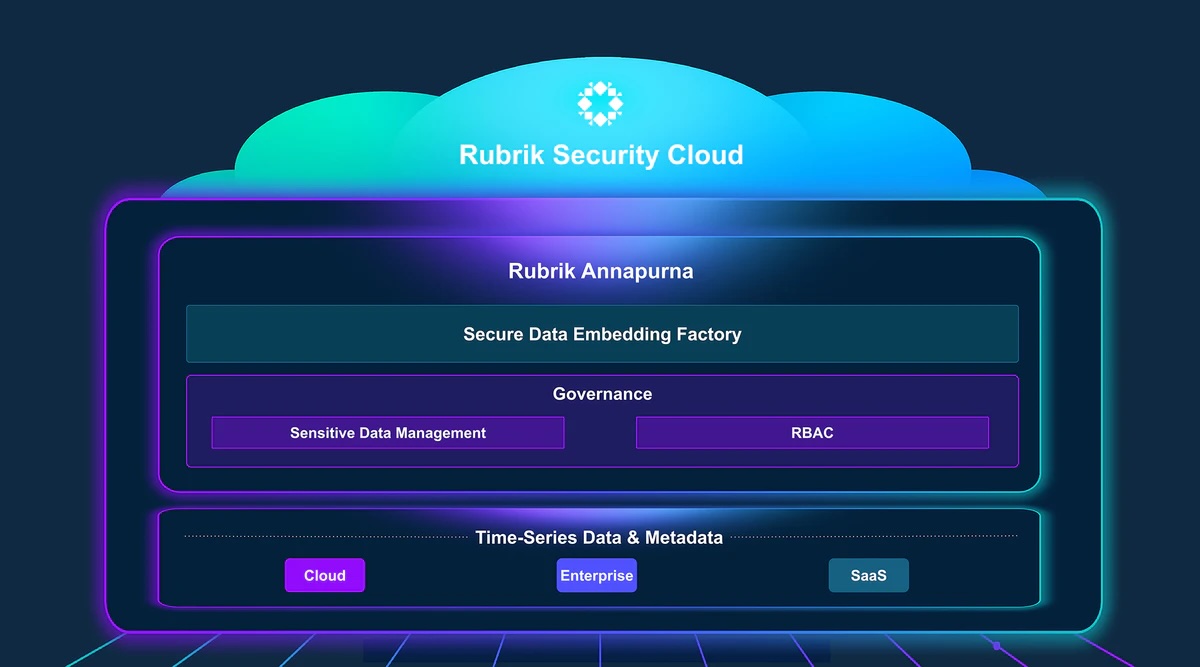Google Cloud recently announced a series of significant upgrades to its database solutions, emphasizing its commitment to supporting enterprise generative AI (gen AI) applications. The new capabilities focus on enhancing developer tools, simplifying database management, and modernizing database infrastructure.
Key announcements include new vector indexing capabilities, a partnership with Aiven for AlloyDB multi-cloud management, and an expansion of Oracle Database on Google Cloud.
AlloyDB Vector Indexing
New vector indexing capabilities in AlloyDB, powered by Google Cloud’s ScaNN (Scalable Nearest Neighbors) technology, introduces advanced vector-based search and retrieval to the database, making it particularly effective for generative AI and machine learning applications that require high-speed, complex data queries.
Here’s an overview of its key features and benefits:
- High Performance and Scalability: ScaNN in AlloyDB is the first PostgreSQL-compatible vector index to handle over a billion vectors while maintaining state-of-the-art performance. This makes it suitable for large-scale applications, such as semantic search and recommendation systems, where high throughput and low-latency searches are essential.
- Semantic and Contextual Search: The vector index enables AlloyDB to store and retrieve vectors that capture semantic meaning. By allowing queries to be processed based on contextual similarity rather than exact matches, the index supports applications that rely on nuanced, context-rich data interpretations, such as recommendation engines, customer sentiment analysis, and image or video searches.
- Powering Generative AI Applications: This capability supports building and scaling genAI enterprise applications by enabling AI models to quickly access and retrieve relevant data.
- Integration with Google Cloud’s AI and Data Ecosystem: AlloyDB’s vector indexing works seamlessly within Google Cloud, integrating with other AI and data tools to support the development of intelligent applications.
Enhanced Capabilities in MemoryStore for Valkey & Redis Cluster
New capabilities in Memorystore for Valkey and Redis Cluster bring advanced performance, scalability, and new AI-oriented functionalities to Google Cloud’s in-memory database services. The improvements are geared toward supporting high-throughput, low-latency applications such as real-time analytics, AI-driven applications, and large-scale data caching.
Key features and benefits include:
- Vector Search with Low Latency: Memorystore for Valkey and Redis Cluster now supports vector search, allowing single-digit millisecond latency for search queries across over a billion vectors with over 99% recall.
- High-Performance Search in Memorystore for Valkey 7.2 and Redis Cluster: Memorystore for Valkey 7.2 is the first fully managed open-source Redis-compatible service in Google Cloud with vector search capabilities.
- Public Preview of Memorystore for Valkey 8.0: The newly announced Memorystore for Valkey 8.0, currently in public preview, introduces significant performance and reliability upgrades. Key enhancements include:
- 2x Queries Per Second (QPS): This version offers a substantial performance boost, allowing up to twice as many queries per second as the existing Redis Cluster setup.
- Microsecond Latency: Valkey 8.0 achieves even faster response times, reaching microsecond-level latency for real-time applications that demand instant data processing.
- Enhanced Replication and Networking: The new replication scheme and networking upgrades improve data redundancy and resiliency.
- Detailed Performance Visibility: Valkey 8.0 provides better insights into resource usage and performance metrics.
The addition of vector search capabilities and other performance enhancements in Memorystore for Valkey and Redis Cluster addresses the growing demand for rapid data access in AI and ML applications. These upgrades enable Google Cloud customers to build and run applications requiring real-time data processing, from personalized content recommendations to instant data caching and retrieval.
Firebase Data Connect (Public Preview)
Firebase Data Connect is a new relational database solution for Google Cloud’s Firebase platform, specifically designed to simplify the development of AI-driven and data-intensive applications.
Integrated with Google Cloud’s Cloud SQL, it brings relational database capabilities to Firebase, allowing developers to harness powerful querying, complex conditions, and secure data handling directly within Firebase apps.
Here are the standout features and benefits:
- Relational Database Support: Firebase Data Connect is Firebase’s first relational database offering, powered by Cloud SQL and fully PostgreSQL compatible.
- Support for Rich Queries and Complex Conditions: Firebase Data Connect supports advanced queries and conditions, allowing developers to retrieve data more precisely and efficiently.
- Semantic Vector Search for Generative AI: Firebase Data Connect includes vector search capabilities, enabling semantic search functionality that is key for gen AI applications.
- GraphQL Integration for Secure Data Access: Firebase Data Connect uses GraphQL to facilitate secure schema and query management. It integrates with Firebase Authentication to ensure data access is controlled and compliant with security best practices.
- Automatic Schema and API Management: Firebase Data Connect simplifies the backend setup by automatically generating database schemas, APIs, and typesafe SDKs. This reduces developers’ workload, allowing them to focus on building application features rather than managing infrastructure. Typesafe SDKs are available across multiple platforms, including Android, iOS, Web, and Flutter, ensuring application consistency and security.
- Backend-as-a-Service (BaaS): As a managed service, Firebase Data Connect takes care of backend infrastructure needs, from scaling to security to performance optimization. It eliminates the need for manual database setup, management, and maintenance.
Database Center Expansion with Gemini Models
Google’s Database Center Expansion with Gemini Models is a key update from Google Cloud that leverages the Gemini AI models to streamline database management. Now expanded, Database Center provides a centralized interface to monitor, manage, and optimize database operations across multiple databases in Google Cloud, including Spanner, Cloud SQL, and AlloyDB.
This upgrade reduces operational complexity, increases efficiency, and offers advanced AI-powered insights to improve database performance and reliability.
Here’s a closer look at its main features and benefits:
- Unified Database Management Interface: Database Center offers a “single pane of glass” view across multiple Google Cloud databases. This interface allows teams to monitor and manage their database fleets from one central dashboard.
- Comprehensive Monitoring and Resource Utilization: The expanded Database Center continuously monitors Google Cloud databases, providing real-time insights into performance metrics, resource utilization, and potential issues.
- AI-Powered Fleet Management with Gemini Models: By incorporating Google’s Gemini models, Database Center introduces advanced AI capabilities for managing large database fleets. This includes:
- Intelligent Chat: AI-driven chat support helps answer complex operational questions.
- Cost Optimization: The Database Center identifies cost-saving opportunities by analyzing usage patterns and suggesting adjustments to improve efficiency.
- Security Recommendations: Advanced security recommendations are generated to ensure databases are not only optimized for performance but also protected against vulnerabilities and unauthorized access.
- Support for Key Databases: Initially supporting Cloud SQL and AlloyDB, Database Center now includes Spanner in its managed fleet, with additional databases expected to join in the future.
- Proactive Issue Identification and Risk Mitigation: Database Center is designed to identify potential issues early, helping teams address them proactively before they impact database reliability or application performance.
- Accessible to a Broad User Base: Database Center, with its AI-powered features, is now available to all Google Cloud users, further democratizing access to powerful database management tools.
Analysis
Google Cloud’s announcements continue its strategic push to solidify leadership in AI-powered cloud-hosted database solutions, catering to the rapidly evolving needs of enterprises embracing generative AI and multi-cloud strategies.
Key highlights include introducing vector search capabilities across AlloyDB and Memorystore, which provides enterprises with powerful tools for real-time, contextually aware data retrieval—a must for AI-driven applications like recommendation engines and semantic search. For example, the new ScaNN vector index for AlloyDB sets a high bar by delivering high-speed, billion-vector processing within a PostgreSQL-compatible environment. This feature supports creating complex, data-intensive AI applications, making AlloyDB a leading choice for enterprises looking to accelerate their AI journey.
Google’s expansion of the Database Center with Gemini Models simplifies fleet management at scale. By providing centralized, AI-powered monitoring and management, Google reduces the operational burden on IT teams, helping enterprises optimize database performance while minimizing risks.
These announcements highlight Google Cloud’s dual focus on innovation and flexibility. By enhancing core database functionalities, integrating AI capabilities, and enabling cross-cloud operations, Google equips enterprises with the necessary infrastructure to scale AI applications effectively. Google Cloud is a forward-looking competitor in the cloud market, meeting both the present and anticipated demands of the modern, AI-centric enterprise.





